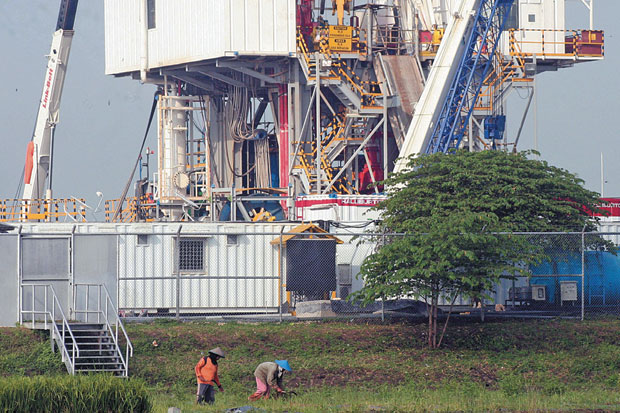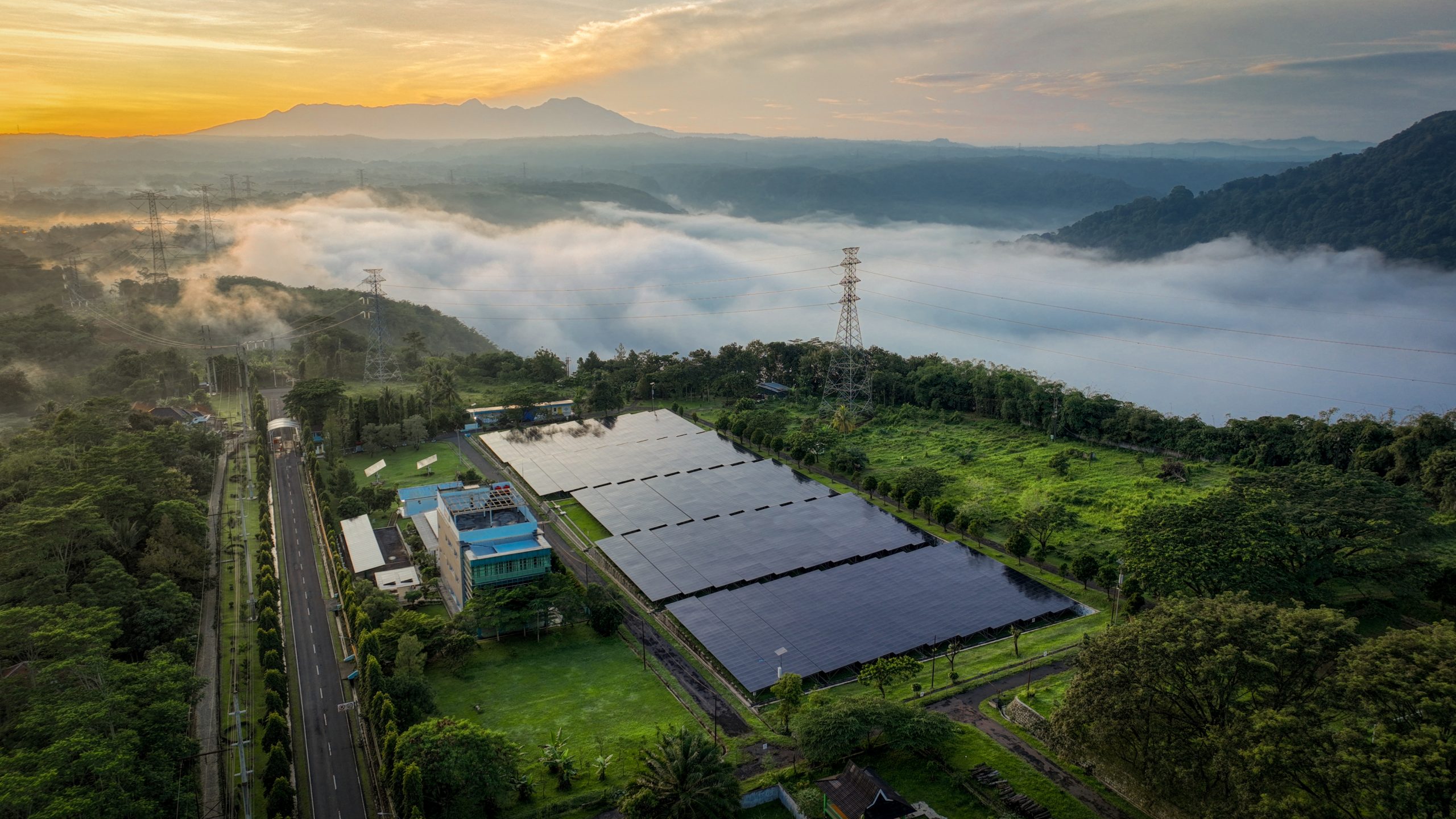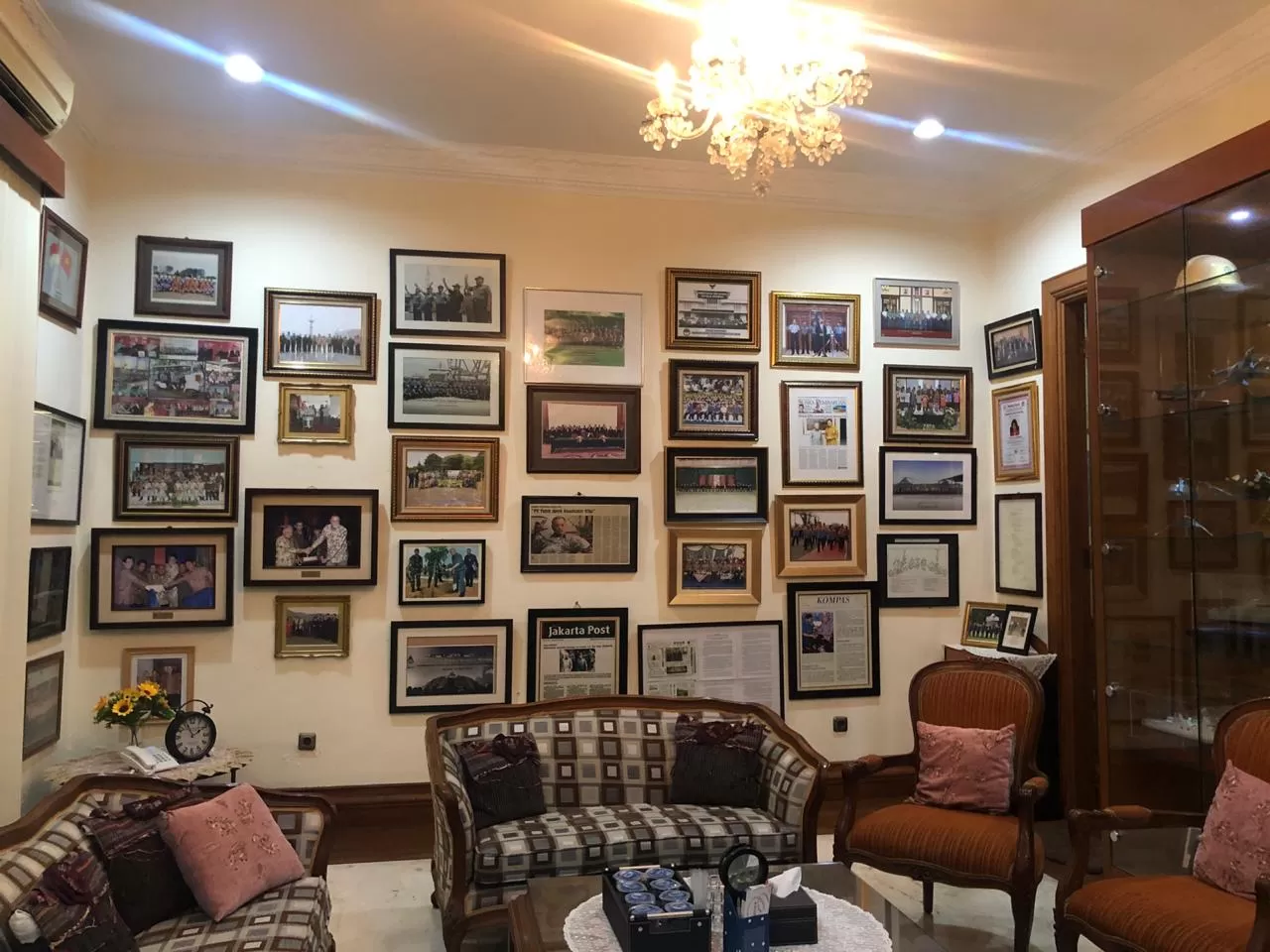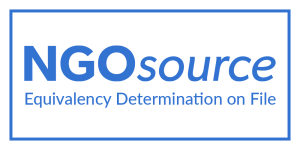Picture 1. Members of the National Resilience Institute Alumni (IKAL) Regular Course (KRA) 25/1992
The national seminar was hosted as a collaboration between the National Resilience Institute Alumni (IKAL) Regular Course (KRA) 25/1992, Ministry of Industry of Republic Indonesia and Purnomo Yusgiantoro Center (PYC). It was held at the Indonesian Ministry of Industry on 25 September 2017. The main theme of the seminar was the Threat Assessment in Indonesian National Life on National Resilience Perspective Focusing on the Economic Aspects of Real Sector, Fiscal and Monetary Sector. This was the third seminar conducted as part of IKAL KRA 25/1992 anniversary celebration. The main goal of the seminar is to present important considerations or inputs for the Indonesian Government in making their policy process.
The opening speech was given by the Indonesian Minister for Industry, Mr. Airlangga Hartarto. Mr. Hartarto gave a very interesting presentation on “The Role of the Real Sector to National Economic Resilience”. He stated that Indonesia’s GDP in G20 was ranked number 16, while based on United Nations Industrial Development Organization (UNIDO) 2017 International Yearbook of Industrial Statistics, the Market Value Added (MVA) of Indonesia was ranked in number 9, with the amount of US$ 225,673,800,000 or a worldwide share of 1.8%, similar to Brazil and UK.
In the second quarter of 2017, the Indonesian industry had a strong performance, with increased growth in all sectors, reaching the Ministry’s target for this year. The performance of the industrial sectors contributed significantly to Indonesia’s GDP, with the processing industry contributing to 20.26% (2nd quarter of 2017). Mr. Hartarto also highlighted that based on Global MVA Rank, Indonesia is currently in the top 10 manufacturers in the world and is in the first place in ASEAN. Mr. Hartarto stated that the Ministry supported Mr. Jokowi’s ambitious plan to develop the Indonesian industry not only in Java but in Indonesia as the whole nation. Despite these positive outcomes in the industry sector, Mr. Hartarto mentioned three main challenges Indonesia is facing today. They are (1) job creation, (2) digital-based economy concept, and (3) industry revolution, which relied on the robotic system.

Picture 2. Press conference with the Minister of Industry, Mr. Airlangga Hartarto and Prof. Purnomo Yusgiantoro
To mitigate these challenges, the Ministry of Industry had discussed plans to aid vocational secondary schools that have programs focusing on the advancement of modern industry in Indonesia. Graduates would not only receive a diploma but they would also receive a certificate on passing accreditation and that they are fluent in English. In this way, Graduates could be expected to get a job in less than three months.
After Mr. Hartarto’s speech, the seminar was followed by a panel discussion. The seminar invited economic experts as speakers. The speakers were Dr. Paul Soetopo, Prof. Rhenald Kasali, Dr. Hartadi A. Sarwono and Prof. Roy Sembel. The seminar also followed by responses from Ir. Elwani Anwar, Dr. I. Soepomo, Prof. Dorodjatun Kuntjoro and Dr. Pratolo Priyambodo.

Picture 3. Panelists on stage. Left to right: Prof. Roy Sembel (Dean of IPMI International Business School), Dr. Hartadi A. Sarwono (Commissioner of Bank Negara Indonesia 1946), Prof. Rhenald Kasali (Professor of Management Science at Universitas Indonesia), Dr. Paul Soetopo (Senior Advisor Universitas Pelita Harapan, Institute for Economic Analysis of Law and Policy) and the Moderator
The seminar was closed with a brief conclusion delivered by Dr. Chatib Basri. In conclusion, he stated that Indonesia as one of emerging market countries will follow other emerging market countries to dominate the world’s top 10 economies in 2050 (GDP at PPPs). Based on IMF report in 2016 and PwC projections to 2050, Indonesia would be on the 4th position. He concluded with five main points for Indonesia to become the World’s Top 5 in 2050; (1) sources of financing with prudence principles, (2) adaptable/agile policies, (3) inclusive growth, (4) aware on the impact of balance payments on foreign investment and export-oriented sectors, and (5) improve the quality of human resources.







